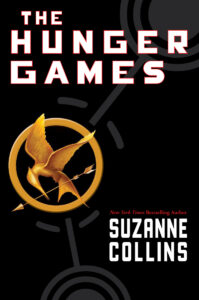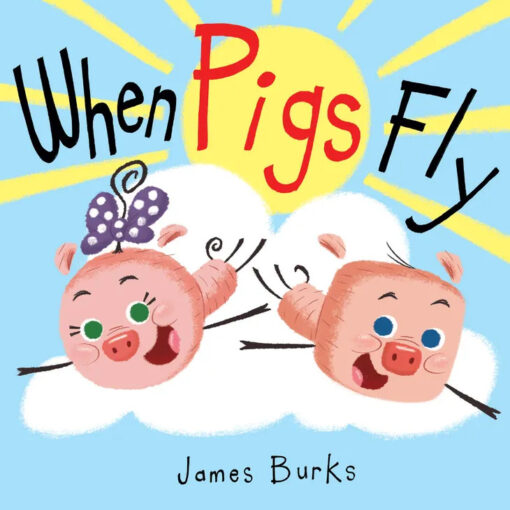 The Hunger Games by Suzanne Collins sparked a phenomenon that has not been seen since, bringing a wave of dystopian novels to the YA scene. Collins set the bar so high that no other author could hold a candle to the brilliance. I’m going to break down why The Hunger Games still holds up and is even more relevant with the coming changes to the federal government.
The Hunger Games by Suzanne Collins sparked a phenomenon that has not been seen since, bringing a wave of dystopian novels to the YA scene. Collins set the bar so high that no other author could hold a candle to the brilliance. I’m going to break down why The Hunger Games still holds up and is even more relevant with the coming changes to the federal government.
For those who missed out on the phenomenon, The Hunger Games follows 16-year-old Katniss Everdeen in a dystopian far future. America is gone and is now a war-torn country known as Panem, split into thirteen districts and the Capitol. Panem takes the literary term ‘bread and circuses’ from ancient Rome and makes it real, with the districts making different resources to sustain life for everyone and the Capitol enjoying the fruits of their labor without giving back. During a war that nearly ended in extinction, District 13, the nuclear energy district, led the districts in an uprising against the bourgeoisie of the Capitol. When they lost, they were wiped from the map and in order to punish the citizens for their rebellion, the Hunger Games began, which selects twenty-four children, two from each district, to fight to death against each other every year as a reminder that the districts serve at the Capitol’s pleasure.
Katniss Everdeen volunteers for this death match in place of her 12-year-old sister Primrose as the first ever volunteer for her district in the 74th Hunger Games. This act of love endears her initially to the people of the Capitol, and guided by her mentor Haymitch, her escort Effie, and her stylist Cienna she manages to gain sponsors from the elite citizens to help her in the games and eventually win, although not without a spark of rebellion as she falls in love with Peeta Mellark, her district partner.
Bread and circuses was an alleged political strategy in Rome where you would distract the citizens from their suffering with entertainment and food so they would not question the government as it crumbled around them. This phrase feels too on point for our political future, as we spend countless hours scrolling social media, our circus. This author is not encouraging rebellion, but do not allow yourself to bury your head in the sand and play in the circus, be vigilant, be safe and talk to each other.
Why does The Hunger Games hold up today?
The brilliance of Suzanne Collins still shines against other dystopian YA novels whose authors tried to do the same, from Divergence to Matched to countless other lesser known series, none can hold a candle to the brilliance of The Hunger Games. Like all things in the novels, it comes down to Katniss for why the novel still works.
Katniss is hard to like, she’s abrasive, curt, rude, and guarded. She doesn’t brush away her trauma, but lives it in ways that aren’t ‘pretty’ or palatable to the average reader, she’s a complex person who moves between Gale and Peeta and doesn’t commit to them until the decision, like most Katniss makes, is made for her. But that’s why it works, other novels focus on making the characters likable, because if you like someone you’ll want them to succeed right? I argue that Katniss being annoying and abrasive makes her easier to love when you read about her struggles.
This nuance holds up today, alongside the realistic and understandable world-building of Panem, it wasn’t a sudden abrupt change where we follow the birth of a nation like Gilead in The Handmaid’s Tale where violence and religious fascism quickly brought modern America to its knees, but this is an empire that has sacrificed children to keep fear alive among rebels for nearly 100 years and it’s difficult to topple, many lovable characters are lost, there are stakes and trauma and healing, and that makes this novel absolutely timeless.
Give it a reread, or bust out your DVDs and indulge in Jennifer Lawrence’s film debut and marvel at how well it reads sixteen years later.
Get the book! Check out The Hunger Games by Suzanne Collins at BMCC’s Library, the New York Public Library, the Brooklyn Public Library, or the Queens Public Library.
About the author The author prides themself on honoring the effort of the many amazing authors who came before them. They write, “I believe that these words should support the authors they speak about on their own.”
 This work is licensed under a Creative Commons Attribution 4.0 International License.
This work is licensed under a Creative Commons Attribution 4.0 International License.




